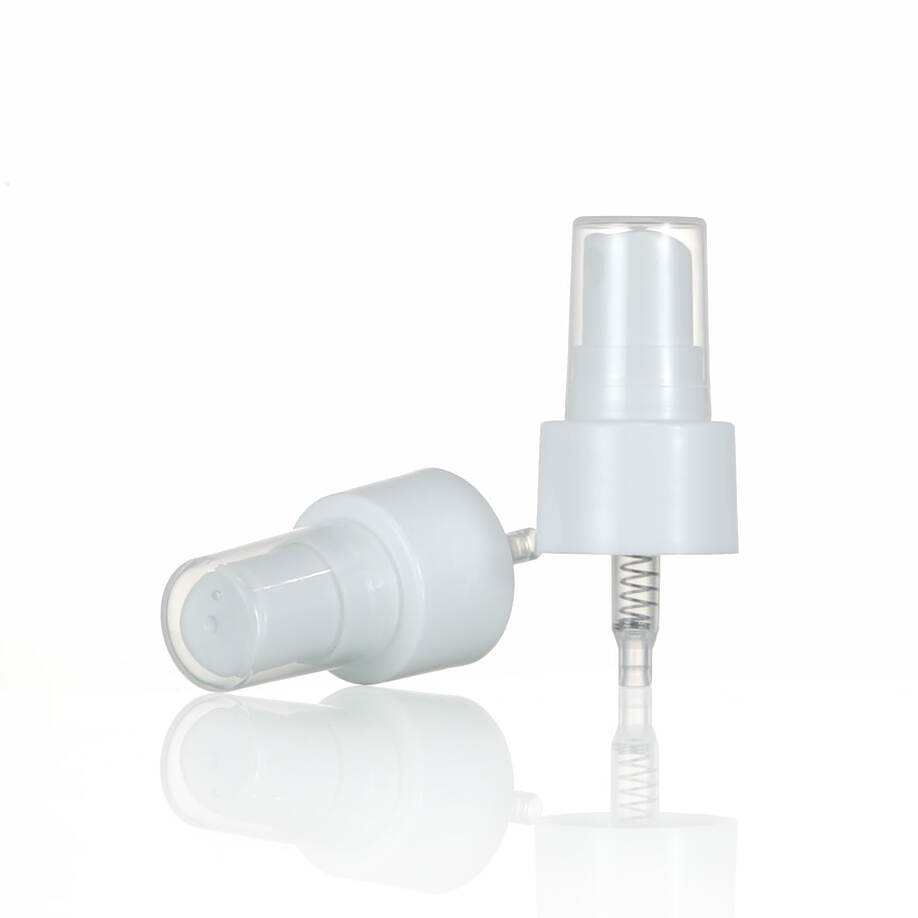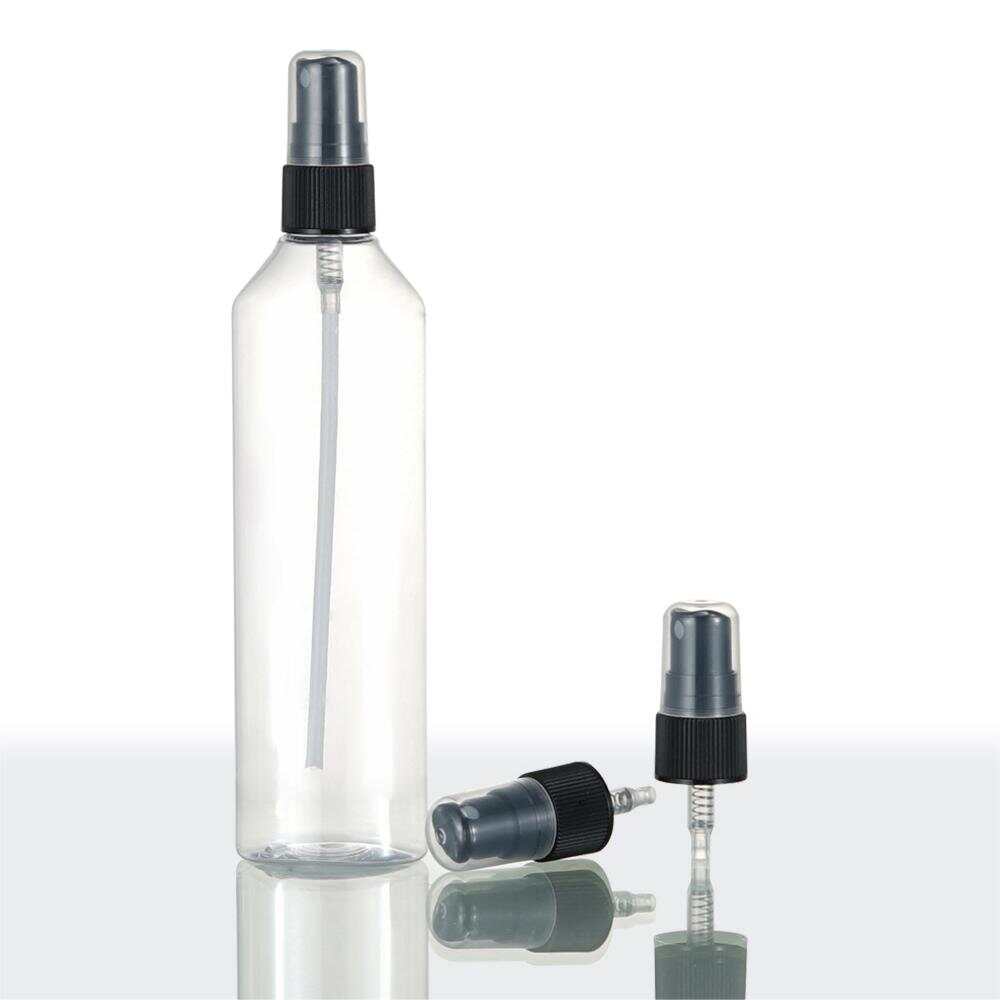Email format error
Email cannot be empty
Email already exists
6-20 characters(letters plus numbers only)
The password is inconsistent
Email format error
Email cannot be empty
Email does not exist
6-20 characters(letters plus numbers only)
The password is inconsistent


Introduction
Water spray pumps are an essential piece of equipment in various sectors, from agriculture to entertainment. These versatile machines convert energy into pressure, allowing for the effective dispersion of water in a wide range of applications. In this blog post, we'll explore what water spray pumps are, their key features, applications, and how to choose and maintain the right pump for your needs.
1. What is a Water Spray Pump?
1.1. Definition and Function
A water spray pump is a device that increases the pressure of water to a specific level, allowing it to be sprayed through a nozzle for various purposes. These pumps are designed to handle a range of water flow rates and pressures, making them suitable for different applications.
1.2. Types of Water Spray Pumps
There are several types of water spray pumps, including:
2. Key Features of Water Spray Pumps
2.1. High Pressure Output
The pressure output of a water spray pump is crucial for its performance. High pressure enables the pump to spray water over greater distances, making it ideal for applications like agriculture and dust suppression.
2.2. Durability and Material Quality
The longevity of a water spray pump is heavily dependent on the quality of materials used in its construction. Durable materials like stainless steel and high-density plastics ensure the pump can withstand regular use and resist wear and tear.
2.3. Energy Efficiency
Modern water spray pumps are designed with energy efficiency in mind. They use less power to deliver the same results, saving you money on energy costs in the long run.
3. Applications of Water Spray Pumps
3.1. Agricultural Uses
Water spray pumps play a vital role in agriculture, from irrigation systems that ensure even watering of crops to pest control systems that spray pesticides or water to deter pests.
3.2. Industrial Applications
In the industrial sector, water spray pumps are used for cooling systems and dust suppression. They help maintain a safe and comfortable working environment in factories and construction sites.
3.3. Home and Garden
For home and garden use, water spray pumps are ideal for lawn sprinklers and decorative water features. They can add a touch of elegance to your garden while providing practical benefits like mosquito control.
4. How to Choose the Right Water Spray Pump
4.1. Capacity and Pressure Requirements
When choosing a water spray pump, consider the capacity and pressure requirements of your application. A pump with a higher flow rate and pressure may be necessary for larger areas or more demanding tasks.
4.2. Portability vs. Fixed Installation
Some water spray pumps are designed for portability, making them ideal for temporary or mobile applications. Others are better suited for fixed installations, providing a reliable and permanent solution.
4.3. Maintenance and Cost
Consider the maintenance requirements and cost of the pump. A pump that requires less maintenance or has a longer lifespan can save you money in the long run.
5. Installation and Maintenance
5.1. Proper Installation Techniques
Ensuring your water spray pump is installed correctly is crucial for its performance and longevity. Follow the manufacturer's instructions and consider hiring a professional if you're unsure.
5.2. Maintenance Tips
Regular maintenance is key to keeping your water spray pump in good working order. This includes cleaning the pump and strainer, checking for leaks, and ensuring all connections are secure.
5.3. Troubleshooting Common Issues
Familiarize yourself with common issues that can arise with water spray pumps and how to resolve them. For more serious problems, it's best to consult a professional.
6. Safety Precautions
6.1. User Safety
When operating a water spray pump, take the necessary safety precautions. This includes wearing protective gear and ensuring the pump is in good working order.
6.2. Environmental Safety
Choose a water spray pump that is environmentally friendly, using energy-efficient designs and non-toxic materials.
7. The Future of Water Spray Pump Technology
7.1. Advancements in Efficiency
The future of water spray pump technology is focused on improving efficiency. New designs and materials are being developed to reduce energy consumption and increase performance.
7.2. Smart Pumps and Automation
With the rise of smart technology, water spray pumps are becoming more automated and connected. This allows for remote control, scheduling, and monitoring, making them more convenient and efficient.
Conclusion
Water spray pumps are a versatile and essential tool in many industries. By understanding their key features, applications, and proper selection and maintenance, you can ensure you're getting the most out of your pump. As technology continues to advance, we can expect even more efficient and automated options in the future.
FAQs
Q: What is the lifespan of a water spray pump?
A: The lifespan of a water spray pump depends on factors like usage, maintenance, and the quality of the pump. With proper care, many pumps can last several years.
Q: Can water spray pumps be used in freezing temperatures?
A: Some water spray pumps are designed to withstand freezing temperatures, but it's important to choose a pump that is rated for use in cold climates.
Q: How often should I service my water spray pump?
A: The frequency of servicing depends on the manufacturer's recommendations and the usage of the pump. Generally, it's a good idea to service your pump annually or more frequently if it's used heavily.